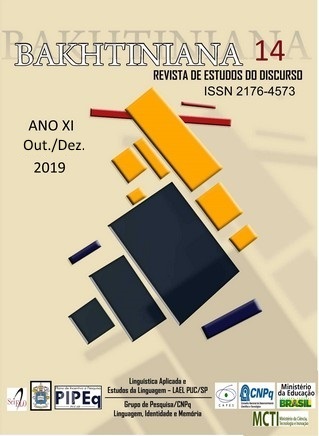Russian Theory and Semiotics of Culture: History and Perspectives
Mots-clés :
Lotman, Bakhtin, Russian theory, Text, ChronotopeRésumé
The Tartu‒Moscow School accepted as its professional attitude to reconstruct the tradition and connect itself to the forgotten or repressed cultural-scientific achievements of the period of the first decades of the 20th century. One mission of Lotman as one of the leaders of the Tartu-Moscow School was knowing and mediating forgotten heritage. In the situation of censorship many contacts between Lotman and Russian theory were not visible. Thus, the synthesis of Lotman, Tynianov, Bakhtin, Vygotsky, Eisenstein and others, in an implicit dialogue, can be the basis for the formation of the next stage of semiotics of culture. Finally, Tynjanov’s understanding of literary and cultural dynamics, Lotman’s semiotic theory of text and his thoughts about a model of space as one of the primary languages of culture, and Bakhtin’s theory of chronotope form this theoretical complex that can give new possibilities for developing both, theoretical and practical principles of cultural and textual analysis.
Téléchargements
Publié-e
Comment citer
Numéro
Rubrique
Licence
Les auteurs concèdent à la revue tous les droits d’auteurs en ce qui concernent les travaux publiés. Les concepts émis dans les articles signés sont d’absolue et exclusive responsabilité de leurs auteurs.








